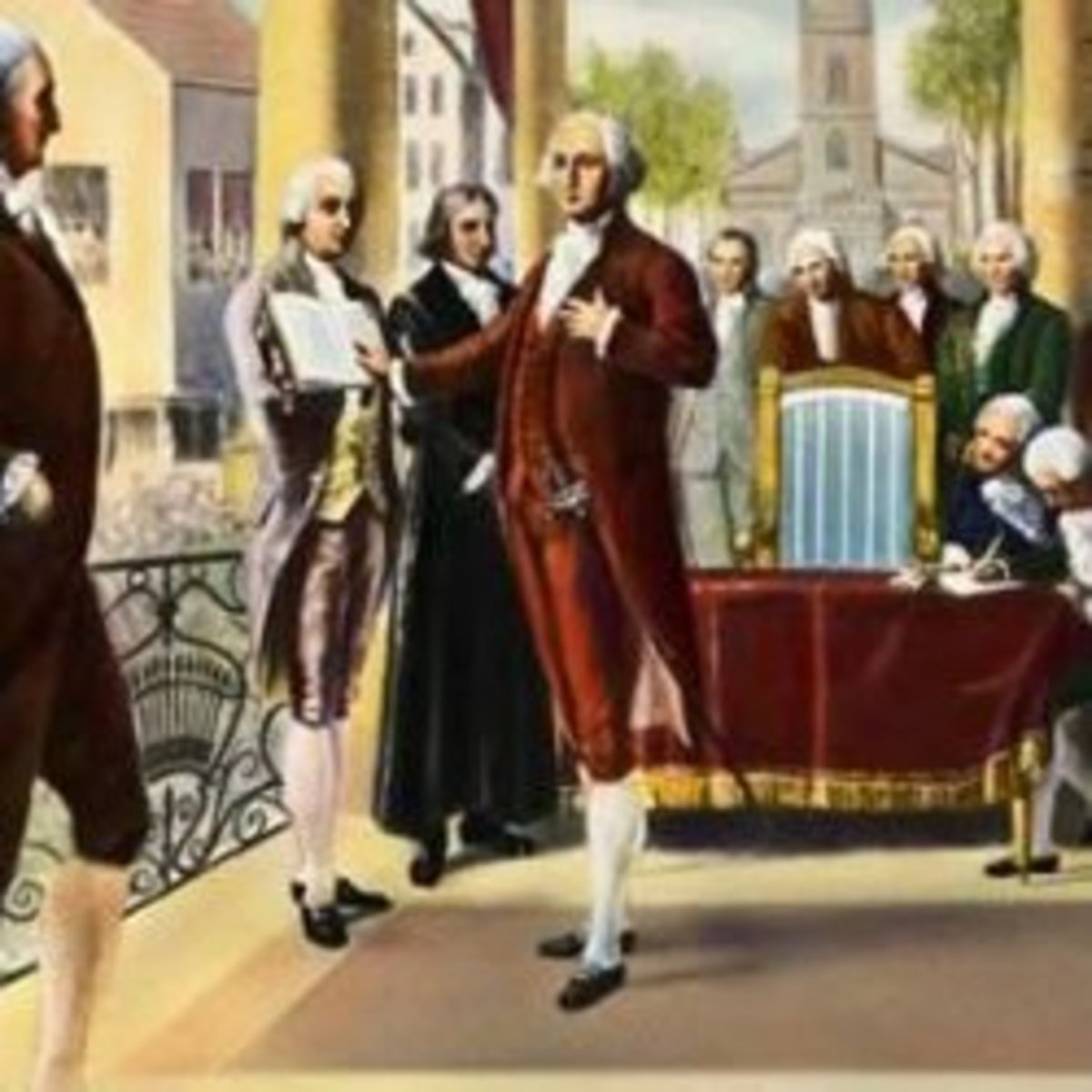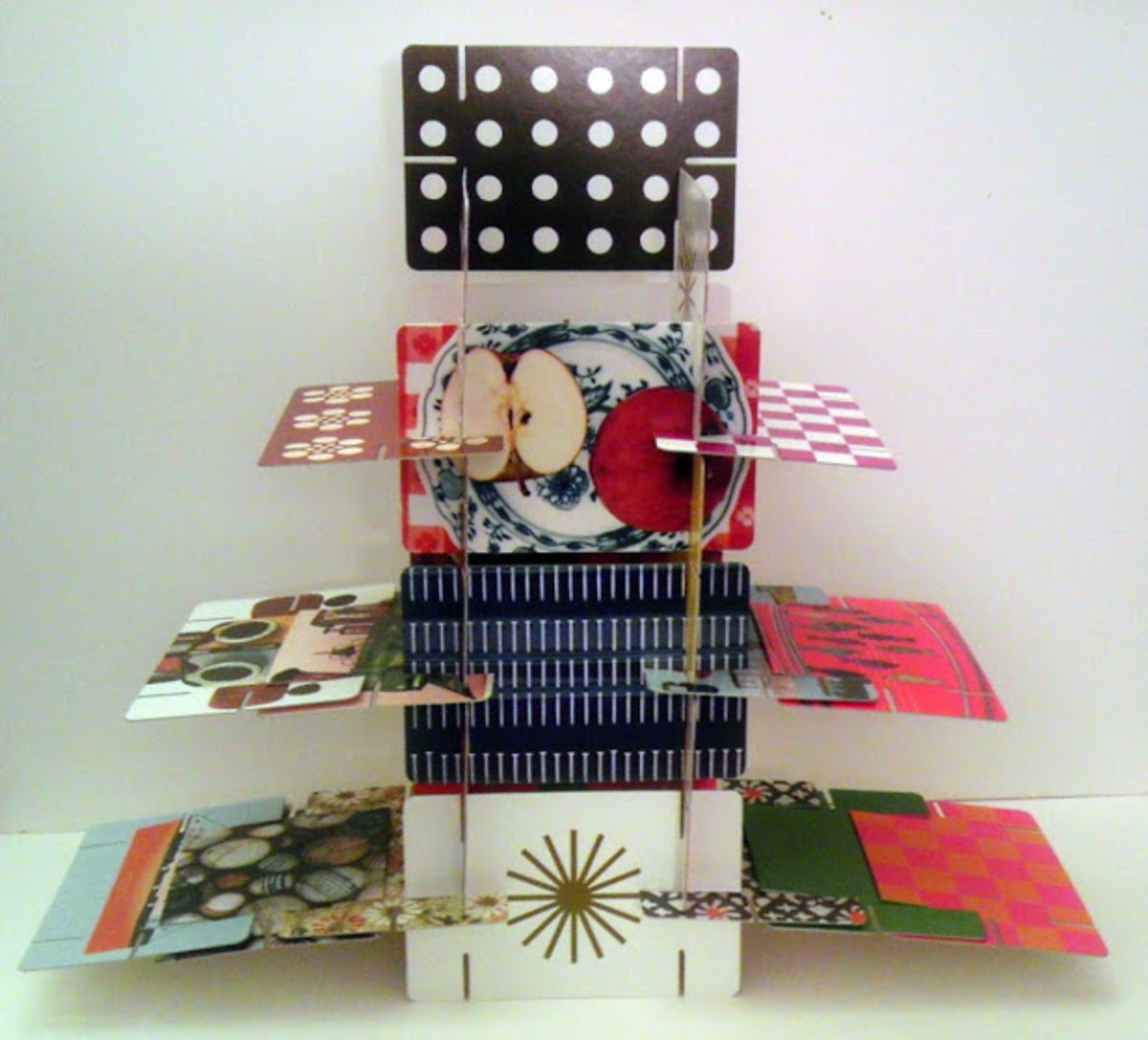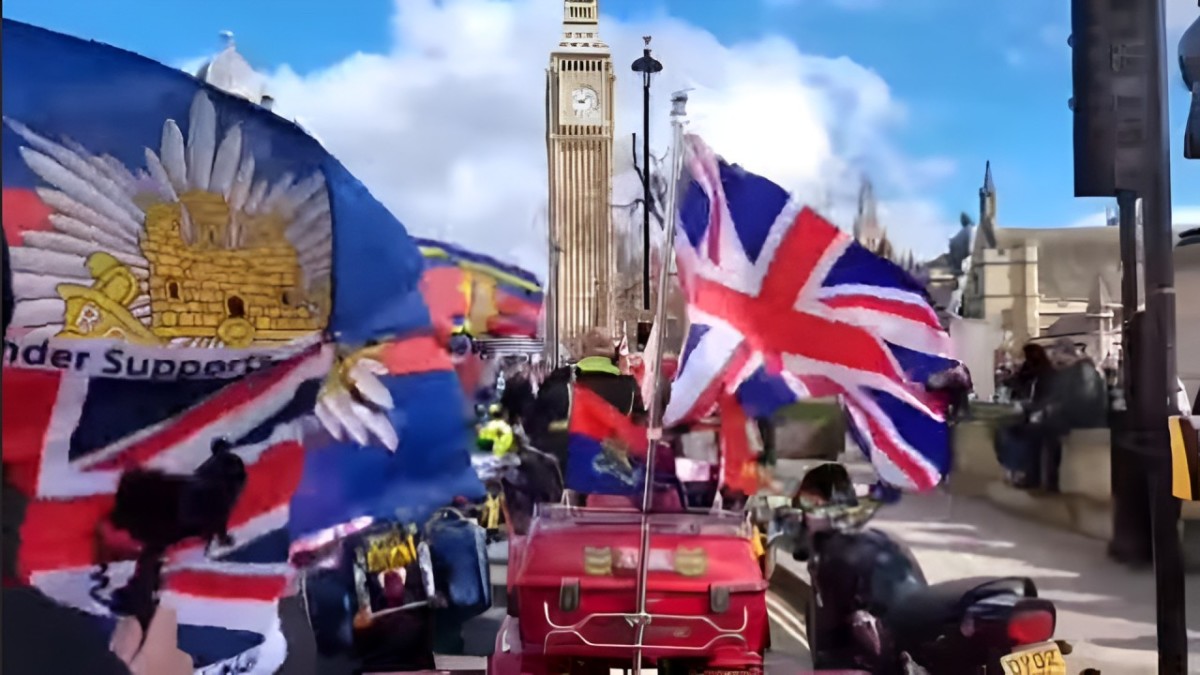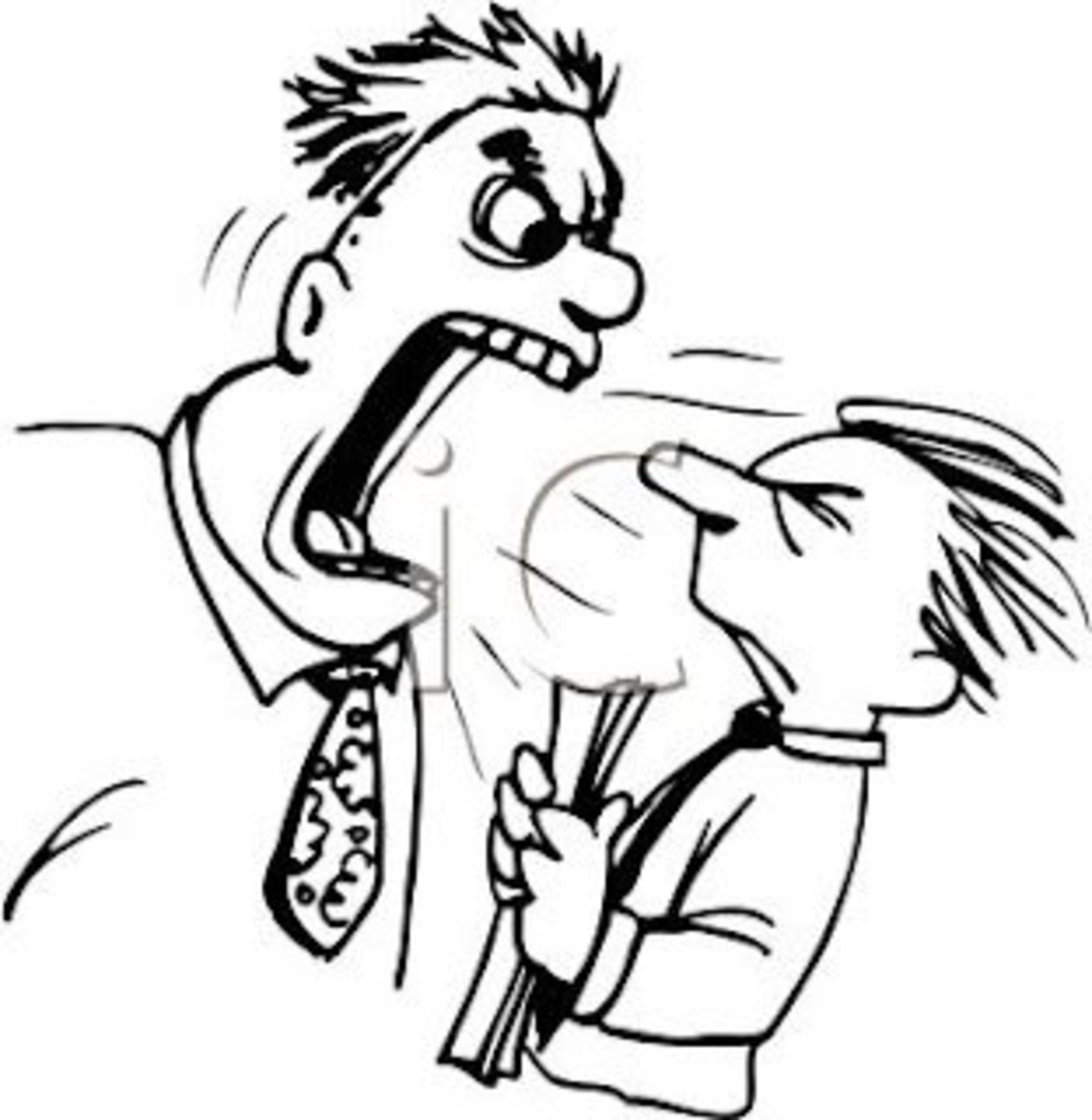House of Cards: What Can Students Learn About American Government From the Show?
The new Netflix original series, House of Cards, is riveting drama. It's set in modern day Washington, D.C., and it follows the political machinations of one Francis Underwood, Majority Whip in the House of Representatives.
The show is replete with political jargon and themes, and a teacher of government and politics should immediately think: is this something valuable for my students to watch? Is this simply entertainment, or can this actually help my students understand important issues and themes in American government?
I'd say yes. There are some qualifications to that yes, but overall, it is not only extremely interesting but to a large extent accurate.
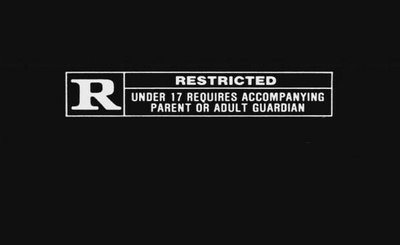
First, a Few Caveats About House of Cards
While I loved the show, let's start with a few caveats and words of warning.
The show does involve very adult themes. Sex and drugs play a prominent role in the plot, and there is a limited amount of nudity. If this were a movie in a theater, it would certainly earn an 'R' rating, but it's not more obscene than your rated R movie in the theaters today. In other words, perfectly appropriate for high school students (aged 17 or 18) to watch on their own time, but not necessarily appropriate to watch in class.
Also, it's long. The series is 13 episodes, and each one is just short of an hour. There is no way you could watch the entire series in class, and many of the important issues and themes span multiple episodes. I would suggest that you tell the kids to watch it on their own time - perhaps as extra credit - rather than waste precious class time. If you are going to watch something in class, pick an episode to focus on, and identify a few parts you can cut through. You may be able to cu the relevant parts of an episode down to about a half hour, and thus watch a single episode in class.
With that out of the way, how can watching this show benefit students? What themes and concepts will be reinforced?
House of Cards: Illustrating General Themes in Politics
Let's quickly survey a few of the key ideas in American politics that are well illustrated at some point throughout this series.
The Vice President is Useless. The constitution has very little to say about the Vice Presidency, and in fact until the 25th Amendment was passed it wasn't even an important enough position to be filled if there was a vacancy. Vice Presidents have little power, unless the White House chooses to use them for something. This is a theme that starts early in House of Cards. Vice President Matthews often feels useless and sidelined by the President, and he begins to resent joining the ticket in the first place. It's a great visual of a nonintuitive but common political maxim.
The Connection Between Politics and Media. A significant part of the plot revolves around Frank's relationship with Zoey, a young reporter who's starting out at the Washington Tribune (i.e. the Washington Post). In the beginning, he manipulates her and feeds her news story for his own purposes, and later she starts to unravel some of his deeper plans. However, this relationship and other twists in the plot highlight the power of the media to influence politics - and the way that politicians can try and bend the media to their own will.
The Connection Between Politics and Special Interest Groups. There is also a significant sub-story involving Frank and a lobbyist, named Remy. The relationships between politicians, special interest groups, and lobbyists, can be hard to explain. This provides a perfect image of the worst case scenarios - a lobbyist building leverage with a politician to try and sway policy.
Importance of Home Districts. It's easy to forget that Congressmen have multiple jobs. They write legislation, they serve on committees, and "serve" their home districts. They're also running for re-election, pretty much all the time. In one episode, Frank has to least high-profile negotiations in Washington to deal with issues in his home district. But that's the life of a Congressman - trying to be in three places at once.
Where's the Floor? Finally, an interesting thing I didn't notice until the end of the series is that the show spends absolutely no time on the House floor. There's a clip of C-SPAN coverage showing voting on a bill, but in the other 13 hours they never show Frank or his colleagues on the floor. They're always in their offices, around the Capitol, or off doing something else. And to some extent, this is representative of a Congressman's real routine. With rare exception, Congressmen usually spend very little time on the House floor. They simply have too much other stuff to do. And this is perhaps one of the strangest things to think about - our image of legislators sitting in a House debating legislation is completely and utterly false.

Or As a Starting Point for Asking Questions
One last way that the show House of Cards can be useful is that it will naturally make your students ask questions. As they watch the show and get engrossed in the plot, they will find themselves at various times saying, "Is that real? Is that possible?"
I know that when I watched it, I had a few moments of curiosity. In one episode, Frank tries to organize a coup to replace the Speaker of the House. I didn't even realize that there were procedures in place to do that, but it turns out there is some historical precedent for the idea.
In another episode, Vice President Matthews considers running for governor of Pennsylvania. He left the seat to become Vice President, and then he would have to resign his Vice Presidency if he won the election. Can he do that? It turns out yes, although it would be a very rare occurrence indeed.
Because the show is so entertaining and well researched, it's fertile ground for these types of questions. It's a great opportunity for students to conduct some of their own research. Let them pick an issue with the show and then find evidence in the Constitution or in American history to support whether or not that event is a) possible or b) likely.
What Do You Think?
Is House of Cards useful for getting kids to think about politics and government?
Other Issues I Missed?
It's a long show, and certainly there are going to be some issues that I neglected to mention above. So what other themes, issues, or facts about American government does the show portray that I didn't mention?
Leave a comment below and let me know. I'd be curious to hear from other viewers - especially people with an interest in politics or people that teach politics in high school or college.

